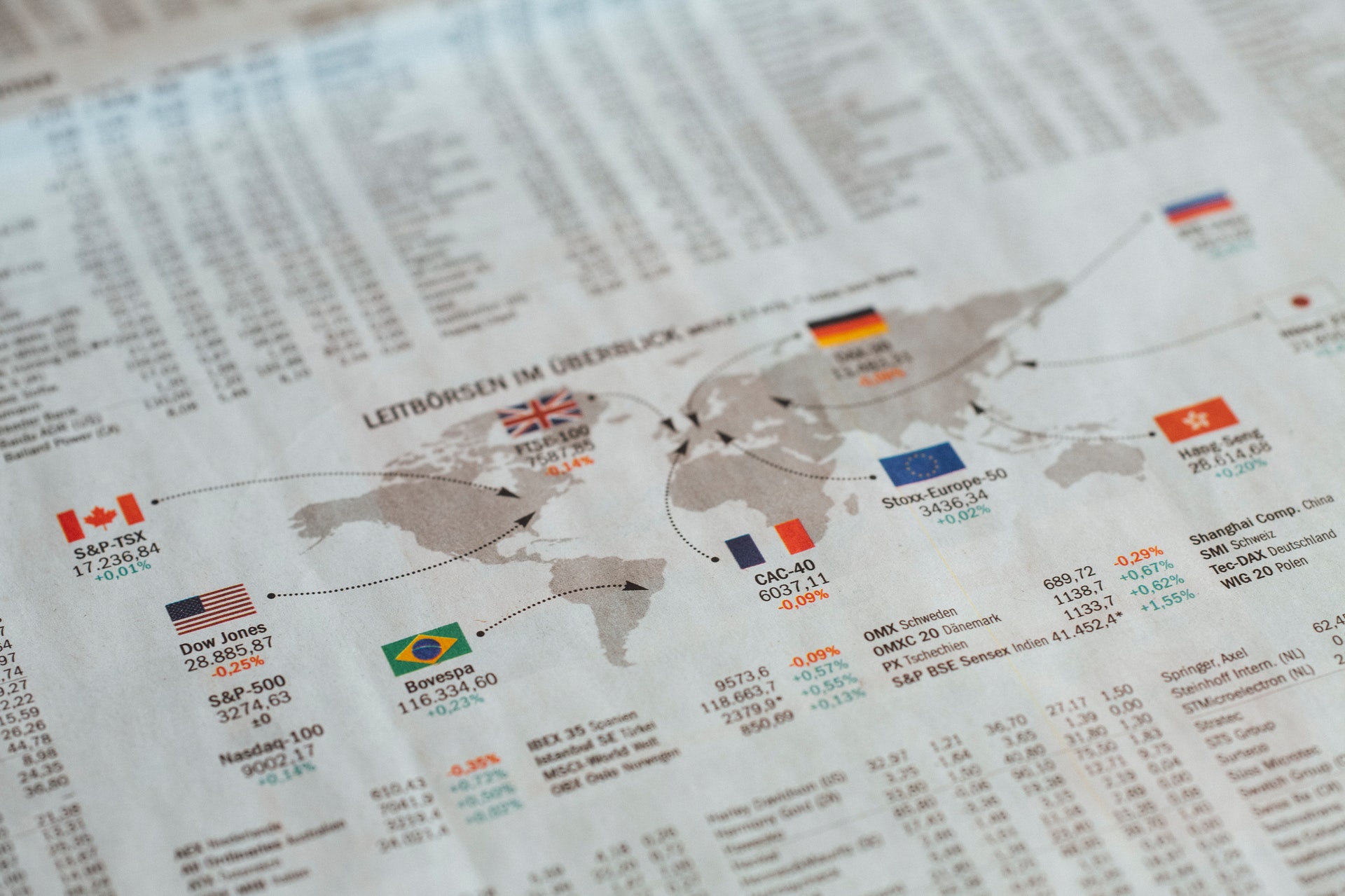
The analysis by the UN Department of Economic and Social Affairs (DESA) said the Covid-19 pandemic is disrupting global supply chains and international trade. (Pexels photo)
UNITED NATIONS — The global economy could shrink by up to 1 percent in 2020 due to the coronavirus disease 2019 (Covid-19) pandemic, a reversal from the previous forecast of 2.5 percent growth, the UN has said, warning it may contract even further if restrictions on the economic activities are extended without adequate fiscal responses.
The analysis by the UN Department of Economic and Social Affairs (DESA) said the Covid-19 pandemic is disrupting global supply chains and international trade.
With nearly 100 countries closing national borders during the past month, the movement of people and tourism flows have come to a screeching halt.
“Millions of workers in these countries are facing the bleak prospect of losing their jobs. Governments are considering and rolling out large stimulus packages to avert a sharp downturn of their economies which could potentially plunge the global economy into a deep recession. In the worst-case scenario, the world economy could contract by 0.9 percent in 2020,” the DESA said, adding the world economy had contracted by 1.7 percent during the global financial crisis in 2009.
It added the contraction could be even higher if governments fail to provide income support and help boost consumer spending.
The analysis said that before the outbreak of the Covid-19, world output was expected to expand at a modest pace of 2.5 percent in 2020, as reported in the World Economic Situation and Prospects 2020.
Taking into account rapidly changing economic conditions, the UN DESA’s World Economic Forecasting Model has estimated best and worst-case scenarios for global growth in 2020.
In the best-case scenario with moderate declines in private consumption, investment and exports and offsetting increases in government spending in the G-7 countries and China global growth would fall to 1.
2 percent in 2020.
“In the worst-case scenario, the global output would contract by 0.9 percent instead of growing by 2.5 percent in 2020,” it said, adding the scenario is based on demand-side shocks of different magnitudes to China, Japan, South Korea, the US and the EU, as well as an oil price decline of 50 percent against its baseline of USD 61 per barrel.
The severity of the economic impact will largely depend on two factors — the duration of restrictions on the movement of people and economic activities in major economies; and the actual size and efficacy of fiscal responses to the crisis.
A well-designed fiscal stimulus package prioritizing health spending to contain the spread of the virus and providing income support to households most affected by the pandemic would help to minimize the likelihood of a deep economic recession, it said.
According to the forecast, lockdowns in Europe and North America are hitting the service sector hard, particularly industries that involve physical interactions such as retail trade, leisure and hospitality, recreation and transportation services.
Collectively, such industries account for more than a quarter of all jobs in these economies.
The DESA said as businesses lose revenue, unemployment is likely to increase sharply, transforming a supply-side shock to a wider demand-side shock for the economy.
Against this backdrop, the UN-DESA is joining a chorus of voices across the UN system calling for well-designed fiscal stimulus packages which prioritize health spending and support households most affected by the pandemic.
Urgent and bold policy measures are needed, not only to contain the pandemic and save lives, but also to protect the most vulnerable in societies from economic ruin and to sustain economic growth and financial stability, Under-Secretary-General for Economic and Social Affairs Liu Zhenmin said.
The analysis also warns that the adverse effects of prolonged economic restrictions in developed economies will soon spill over to developing countries via trade and investment channels.
A sharp decline in consumer spending in the European Union and the United States will reduce imports of consumer goods from developing countries.
Developing countries, particularly those dependent on tourism and commodity exports, face heightened economic risks.
Global manufacturing production could contract significantly, and the plummeting number of travelers is likely to hurt the tourism sector in small island developing states, which employs millions of low-skilled workers, it said.
Meanwhile, the decline in commodity-related revenues and a reversal of capital flows are increasing the likelihood of debt distress for many nations.
Governments may be forced to curtail public expenditure at a time when they need to ramp up spending to contain the pandemic and support consumption and investment.
UN Chief Economist and Assistant Secretary-General for Economic Development Elliot Harris said the collective goal must be a resilient recovery which puts the planet back on a sustainable track.
“We must not lose sight how it is affecting the most vulnerable population and what that means for sustainable development,” he said.
The alarm raised by UN-DESA echoes another report released on March 31, in which UN experts issued a broad appeal for a large-scale, coordinated, comprehensive multilateral response amounting to at least 10 percent of global gross domestic product (GDP).
According to estimates by the Johns Hopkins University, confirmed coronavirus cases across the world now stand at over 932,600 and over 42,000 deaths. (PTI)






















